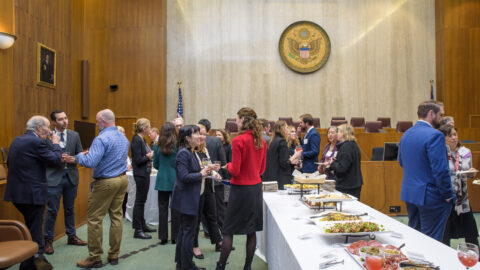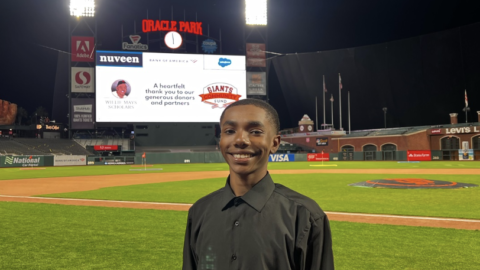
Ms. Gamez is a non-English speaking immigrant mother of a five year old daughter. Throughout her marriage to her daughter’s father, she was subjected to terrible physical and emotional abuse. She eventually secured a restraining order to protect her and her daughter. However, over the years, the father continually returned to court, requesting more time with the child.
Being unrepresented, each time Ms. Gamez had to face her abuser alone in court. Although Ms. Gamez was concerned that the abuse she experienced from her ex-husband was now being directed towards her child, she had a very difficult time advocating for herself in court. She was terrified of being in the same room as her ex-husband and would begin to shake and cry when he was around. She was so terrified that she was unable to speak clearly at any of the hearings. As a result, her abuser was slowly doing what he had threatened in years prior – taking away her daughter.
After a week-long visit with her father, the daughter came home stating that her father had hurt her. Ms. Gamez took her to the doctor who determined that the child had been physically abused by the father. CPS started an investigation, but told Ms. Gamez that since the child was safe with her, she would need to resolve the custody matter in family court. Thankfully, Ms. Gamez was referred to the Justice & Diversity Center (JDC) where a volunteer attorney and volunteer interpreter were assigned to her case. The attorney filed a motion for sole legal and physical custody for Ms. Gamez, and represented her at the hearing. The attorney articulated to the court the severity of the abuse and Ms. Gamez’ well-founded fears of future abuse. Ms. Gamez was granted sole legal and physical custody of her daughter.
Ms. Gamez is one of the thousands of survivors of domestic violence that JDC has helped over the years. If you would like to learn more about volunteering or receiving services from JDC, please contact Stephanie Bilinski at 415-782-8987.





0 comments on “Breaking the Cycle of Domestic Violence through Legal Representation”